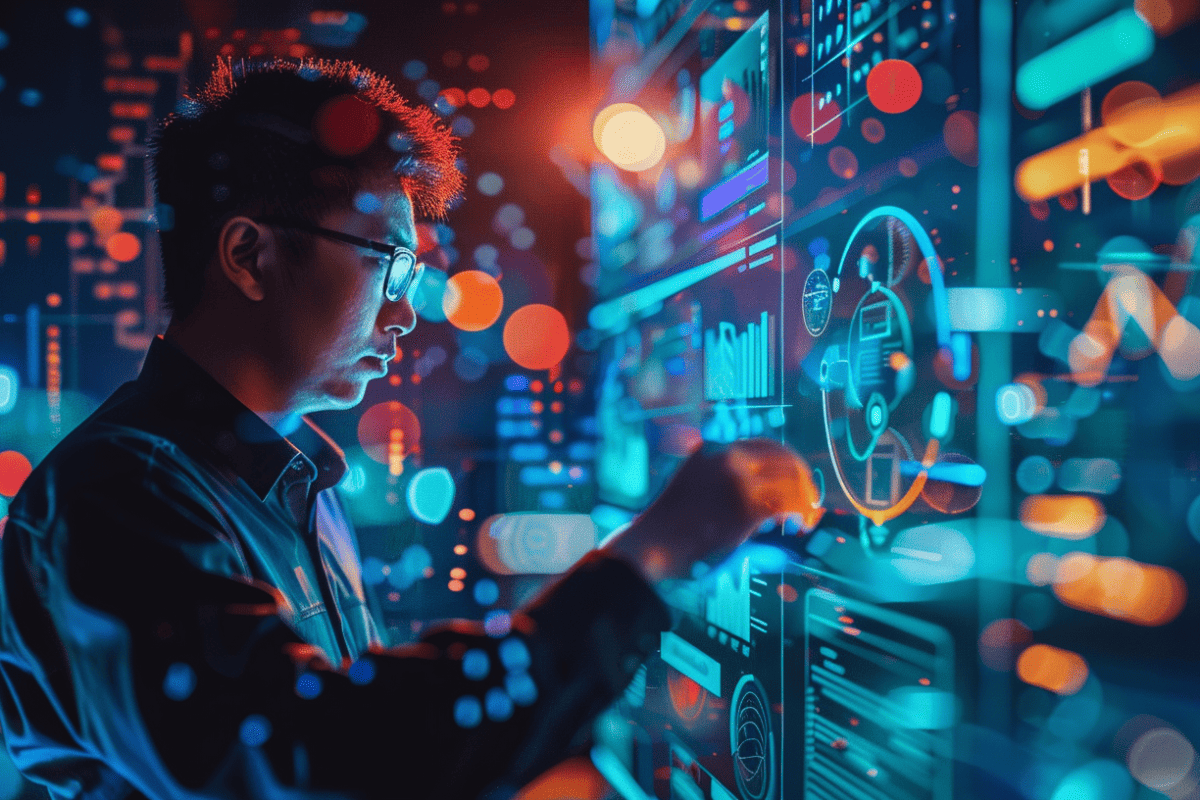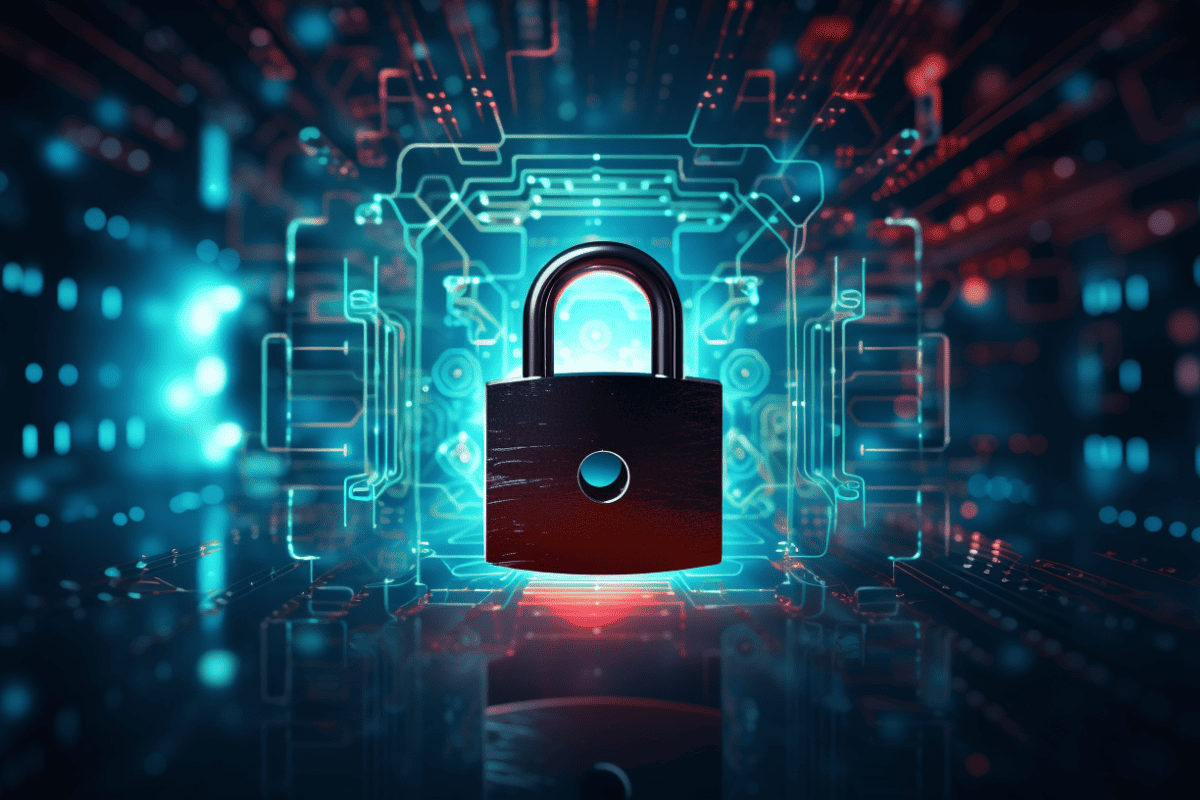The pandemic has impacted everyone’s lives in this last year. While each of us may have experienced different kinds of change and loss, it’s safe to say that everyone’s work-life has been affected. Whether you’ve lost your job due to covid and are looking for a new position, or have been working remotely and will head back into the office or doing a hybrid of in office and remote, you may be experiencing some anxiety around returning to work.
Re-entering the workplace can feel uncertain and nerve-wracking. People may be nervous about getting back to their old routines, juggling their schedules along with their families, or concerned about their safety. Fortunately, Lobsang Chunzom, founder of Limitless health Institute, has some tips for employees and leaders heading back into the workplace to help curb feelings of anxiety and uncertainty, while supporting your organization and the needs of its team
To learn more about the topic, we conducted an interview with Lobsang Chunzom.
1. In what ways did the COVID-19 pandemic affect the work-life balance of people?
When the majority of businesses shut down and employees started working remotely, most people were thrown off balance by having to organize a new daily routine. It could have been as simple as having to make your own breakfast instead of getting it on the way to work. A daily schedule structures our activities, whether at work or at home, and helps us set priorities. This global health crisis certainly gave us all a fresh look at our priorities in life. This is an opportunity to reset, to find balance within, and to maintain a calm state of mind when waves of emotions come. And while we adjust to a new lifestyle, the most important element is to help people in the community have equal access to the resources they need for their well-being.
2. Why is returning to work and re-entering the workplace imposing anxiety into people rather than making them feel more excited? Will the new changes and lifestyle increase employees’ anxiety? Can you elaborate on that? What tips would you recommend that can decrease employees’ anxiety?
Many people have mixed feelings about returning to the workplace; some are anxious while some are excited, and some just want to get out of the house! Ultimately, there are no doubts about it, if you have received a return to work letter from your employer, then you might have conflicted feelings – at the very least though, the letter should make it clear how your company is going to support you through the process. For example, here is a return to work letter guide on the Zenefits website that explains the laws, employer and employee rights, and instructions on returning to work. Each individual will experience a different feeling, and that tells us that the feelings we have in response to the same situation, such as returning to the workplace, are coming from something deeper inside of us rather than the situation itself! We have all learned the amazing power of supporting each other through this pandemic, and that we needed to come together to get through it. So, when you’re anxious, help someone who is anxious to find solutions together. To get more excited about getting back to the office, celebrate with a friend who is excited, and you will find more excitement within.
Limitless Health Institute has a great program called SelfCare Exchange which helps people team up with their co-workers to give each other a boost in staying well and productive at work. It offers exercises and meditations to help people form these partnerships so everyone can be at their best on the job.
3. What responsibilities would leaders be carrying out amid the return of their employees to the workplace?
As a leader, it’s crucial to acknowledge each person’s experience. Many people may have opposing personal views and beliefs about virus transmission, mask wearing, and vaccinations. Being sensitive to everyone’s views helps create a foundation for conversations about acting in the best interest of others.
Doing what’s best for everyone on the team ensures everyone is valued, including yourself. In challenging situations, we may want to fight for our own way, but putting others’ needs first actually benefits us by creating a healthy team dynamic.
At LHI, we’ve re-evaluated our values and principles to address varying personal views about the new safety protocols for infectious diseases. We provide sensitivity training to address health and safety issues in the workplace and teach how to be respectful of people with different experiences, backgrounds, and communication styles. Sensitivity training is a great way to highlight the importance of respecting shared health and safety measures and to express the value of having compassion for others on your team.
4. What should be done in order to reach a healthy work environment either it be in person or remotely?
Whenever a team is working together in the same space and issues arise, putting the concerns and wishes of others first supports everyone’s health, despite different views. This starts with our own thoughts: “As I go through the day, may I watch my mind to see if a negative thought has come. Since it hurts myself and others, may I stop it right there, with force.” Respect is difficult if you have negative thoughts and feelings, which makes it uncomfortable to surrender to what others need, or to consider others as better than you. We all experience jealousy and competitiveness and want to believe we are better, and that our ideas are the best. When we watch these patterns in our thoughts, we can identify them and stop them. This clears the way to see what others are also experiencing. It’s very refreshing to take personal responsibility, no matter how we feel about others on the team!
Meditation is a powerful tool for watching our own thoughts and keeping a helpful state of mind. LHI’s Inner Essentials program provides meditations to the public which are very useful for all the situations that arise at work. These meditations are available at limitlesshealthinstitute.org, and the series is curated from our extensive library of classic meditations.
5. How can organizations ensure physical and
After a year of living in a pandemic, we are still getting used to a new work culture. Every business across the globe has had to adjust in some way to continue to serve their clients and maintain a healthy, safe environment for both employees and those they serve. At LHI, the pandemic became a guiding factor in decisions regarding which services to provide in the crisis, how to incorporate new health protocols, and how to support our collaborating partners so that they can continue to offer health programs to the community.
While having respect and understanding for all employees, it’s crucial to adhere to health guidelines to ensure everyone feels physically safe and heard. Holding meetings and sensitivity trainings where everyone feels comfortable to express their thoughts can help organizations determine what’s best for their employees. Organizations must also make sure their employees have access to the resources they need for well-being.
6. What are the main factors to a successful business especially with the new rules and guidelines employees have to follow? How can leaders discuss the new amendments with their employees?
Looking forward, as employees make choices about becoming vaccinated, management and staff will need to protect everyone. Whenever a team is working together in the same space and issues arise, putting the concerns and wishes of others first supports everyone’s health, despite different views. We might think our success is independent of how well other people are doing, but that is an illusion; our own well-being depends on how we care about others.
7. How do you see work environments in the coming 5 years?
Companies have noticed and examined the type of work environment they need to be productive, and realized that many tasks can be done remotely. People will have more choices to select the type of corporation they want to join; some of that will be based on the type of workspace, or how many days they have to go to the office or stay on the mountain side while working in the city.
This gives us the chance to seek jobs that are closer to our passions and dreams.
Lobsang Chunzom Founder Limitless Health Institute
Venerable Lobsang Chunzom is a Buddhist nun and worldwide teacher of meditation and philosophy in the Je Tsongkapa Tibetan tradition. She is the founder of Limitless Health Institute, a nonprofit organization that collaborates with other caring organizations in NYC to help people experience the link between their own health and happiness and how they care for others. The LHI workshops she designs and facilitates are used worldwide. Chunzom has been a licensed Creative Arts Therapist for 30 years, specializing in dance/movement therapy. She has extensive training in ancient meditation techniques, including a 3-year meditation retreat in silence and solitude. Chunzom has degrees in movement therapy from NYU and UCLA and has provided therapeutic services in hospital settings as well as created programs to help substance abusers, incarcerated youth, and families in crisis.
Digital Health Buzz!
Digital Health Buzz! aims to be the destination of choice when it comes to what’s happening in the digital health world. We are not about news and views, but informative articles and thoughts to apply in your business.


